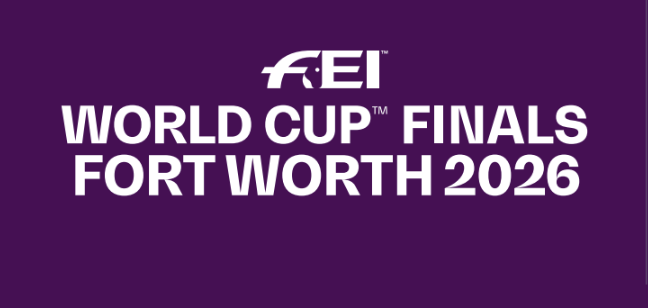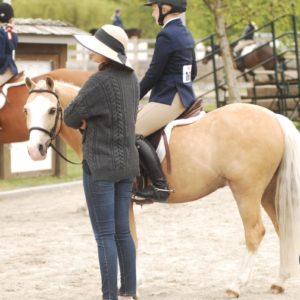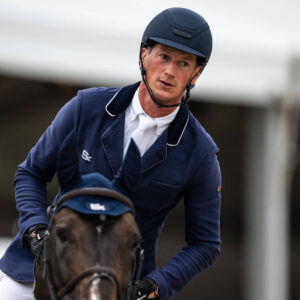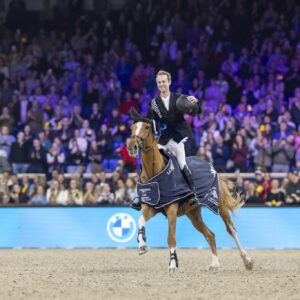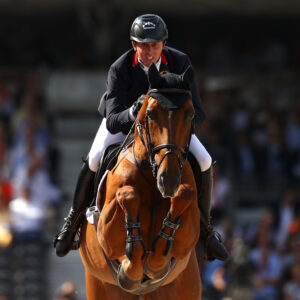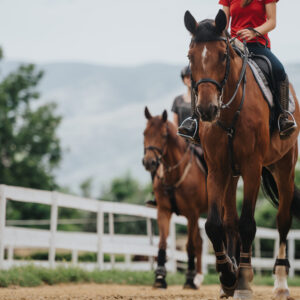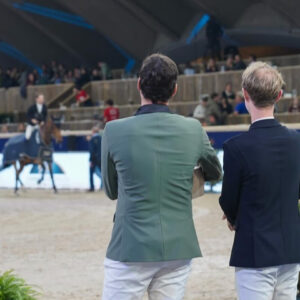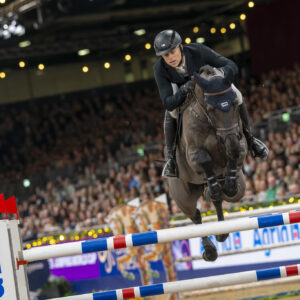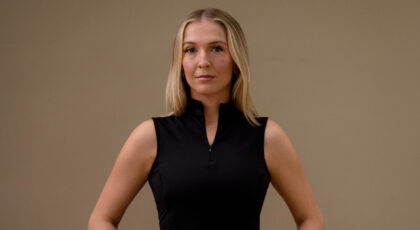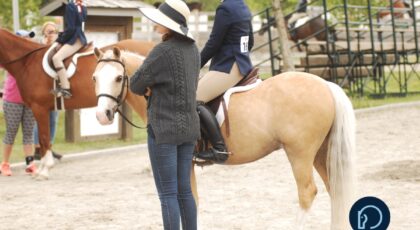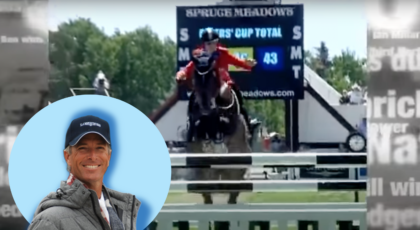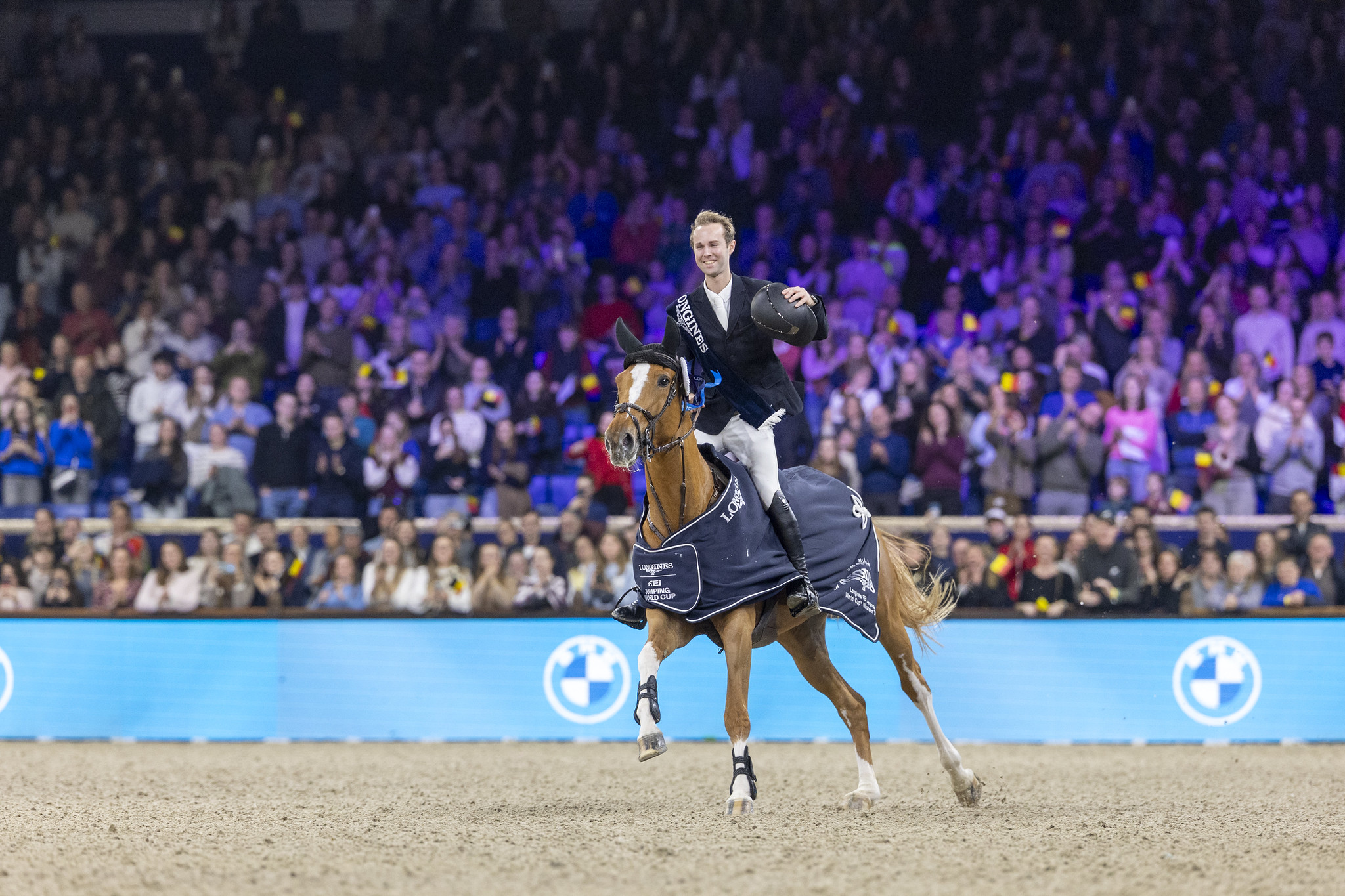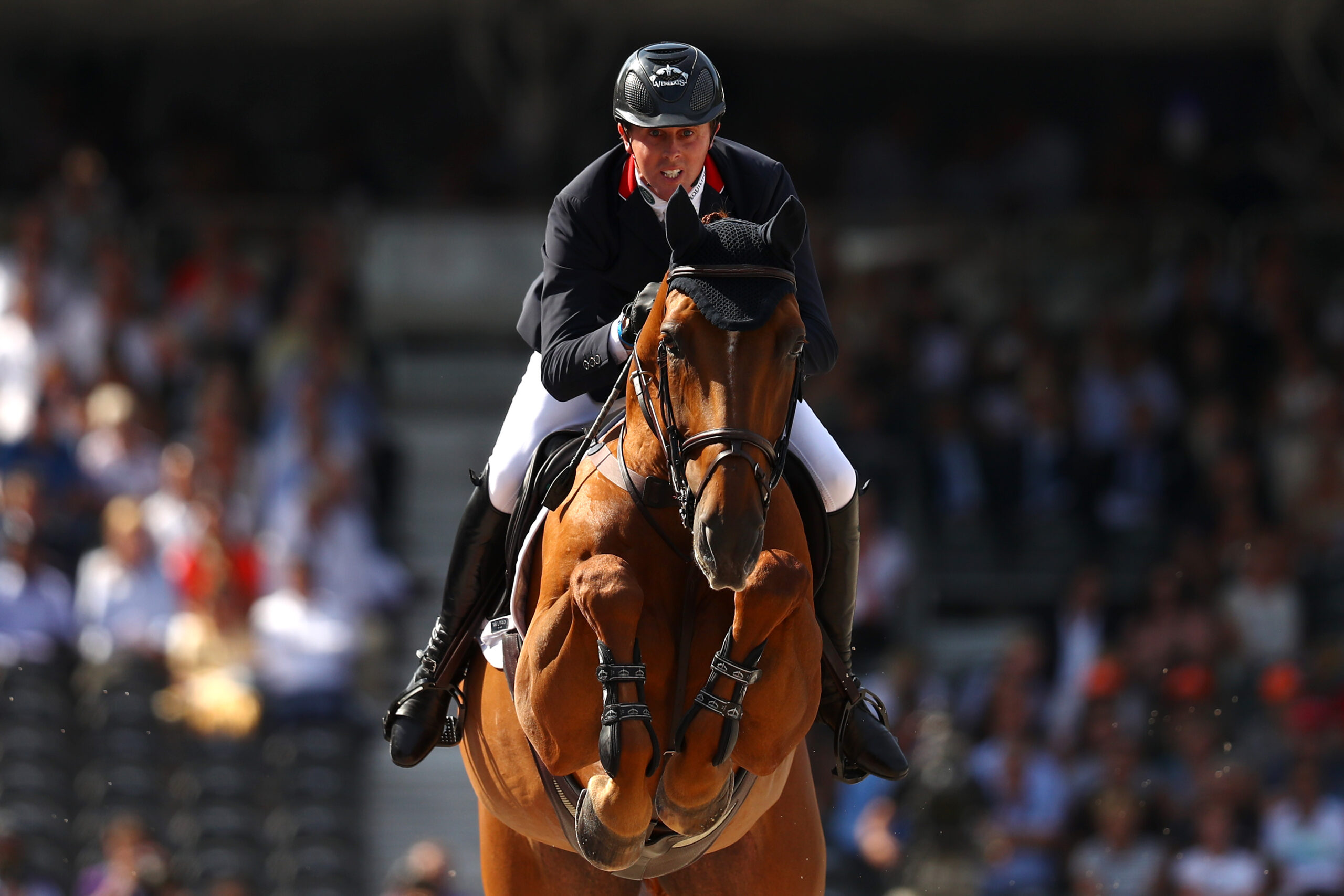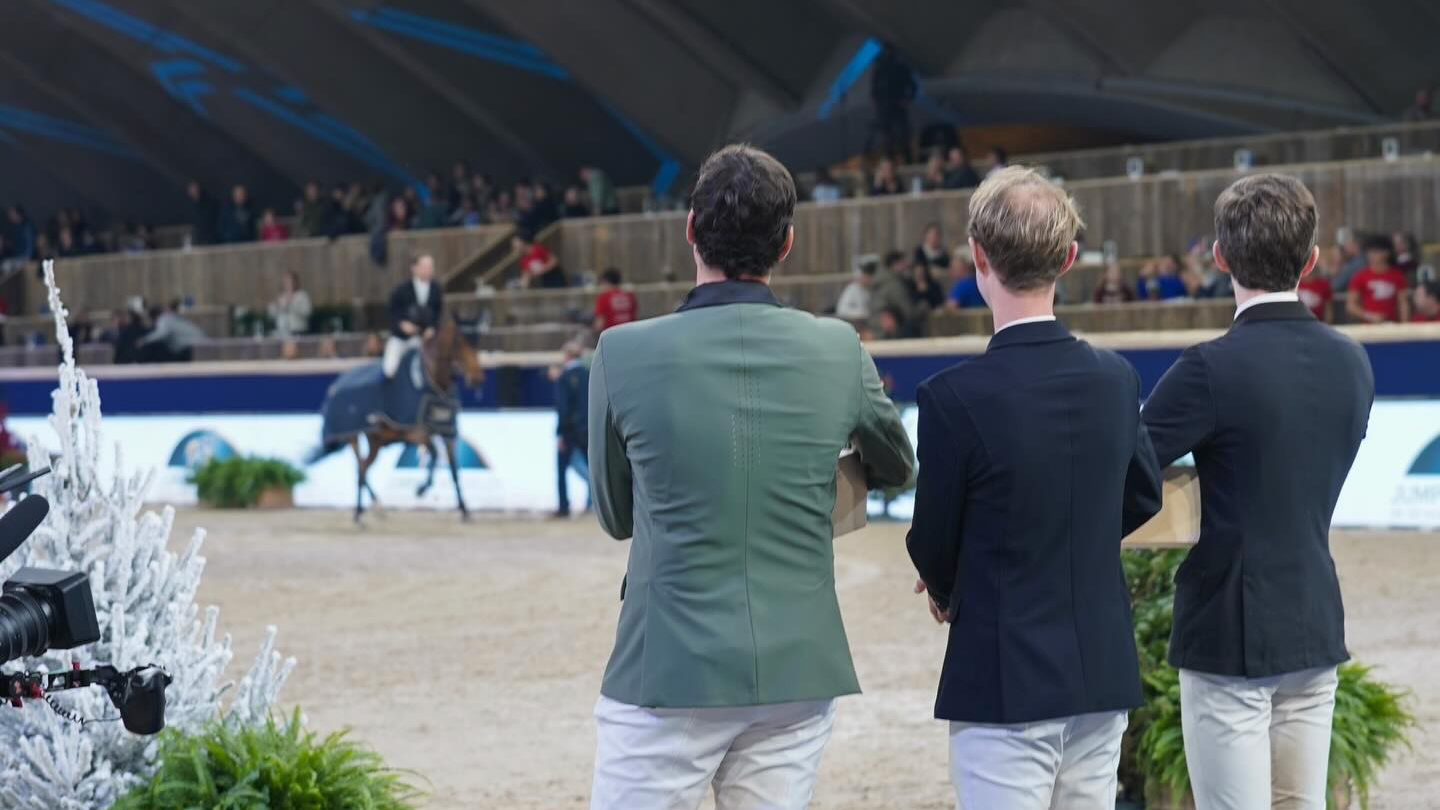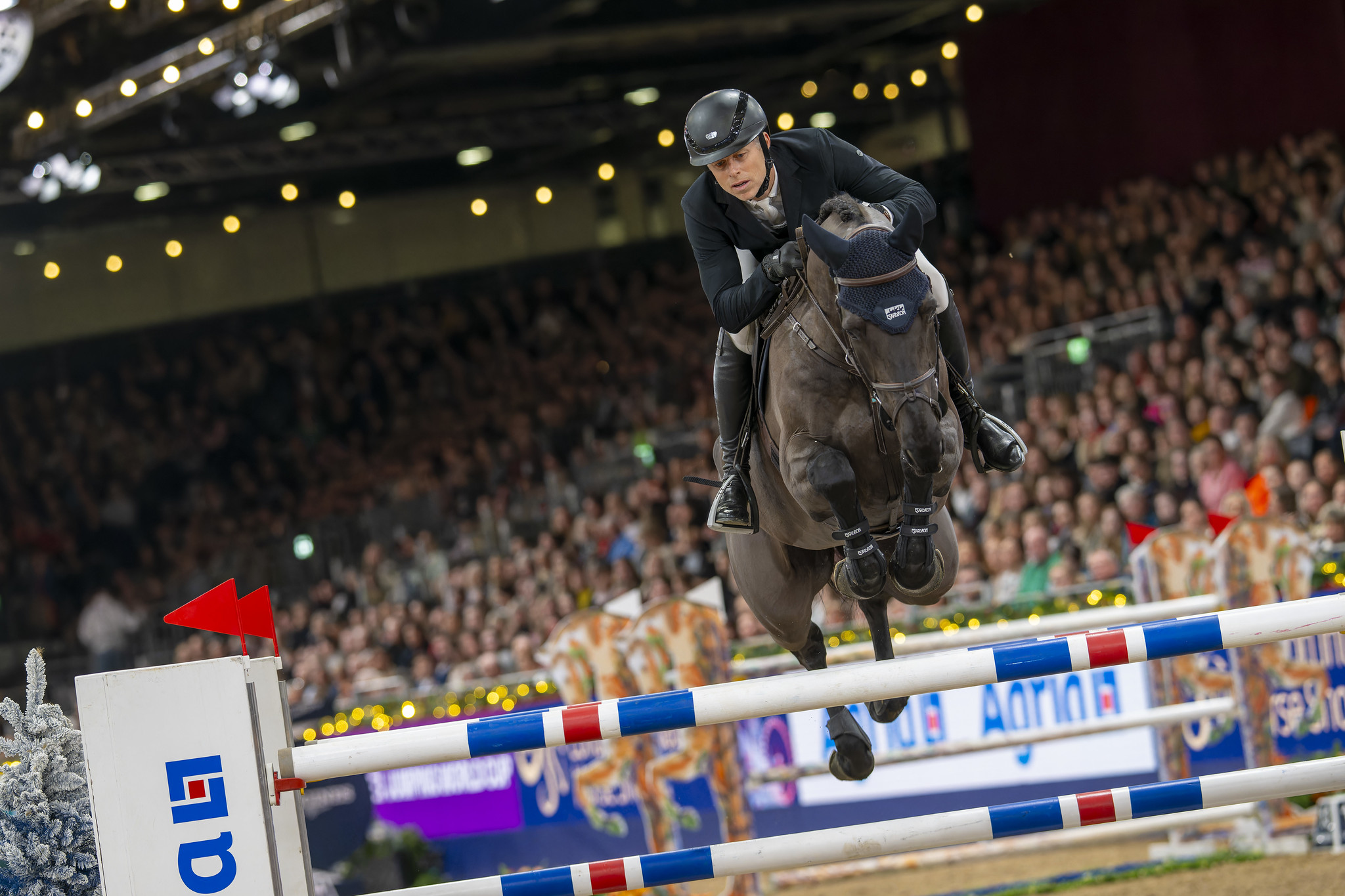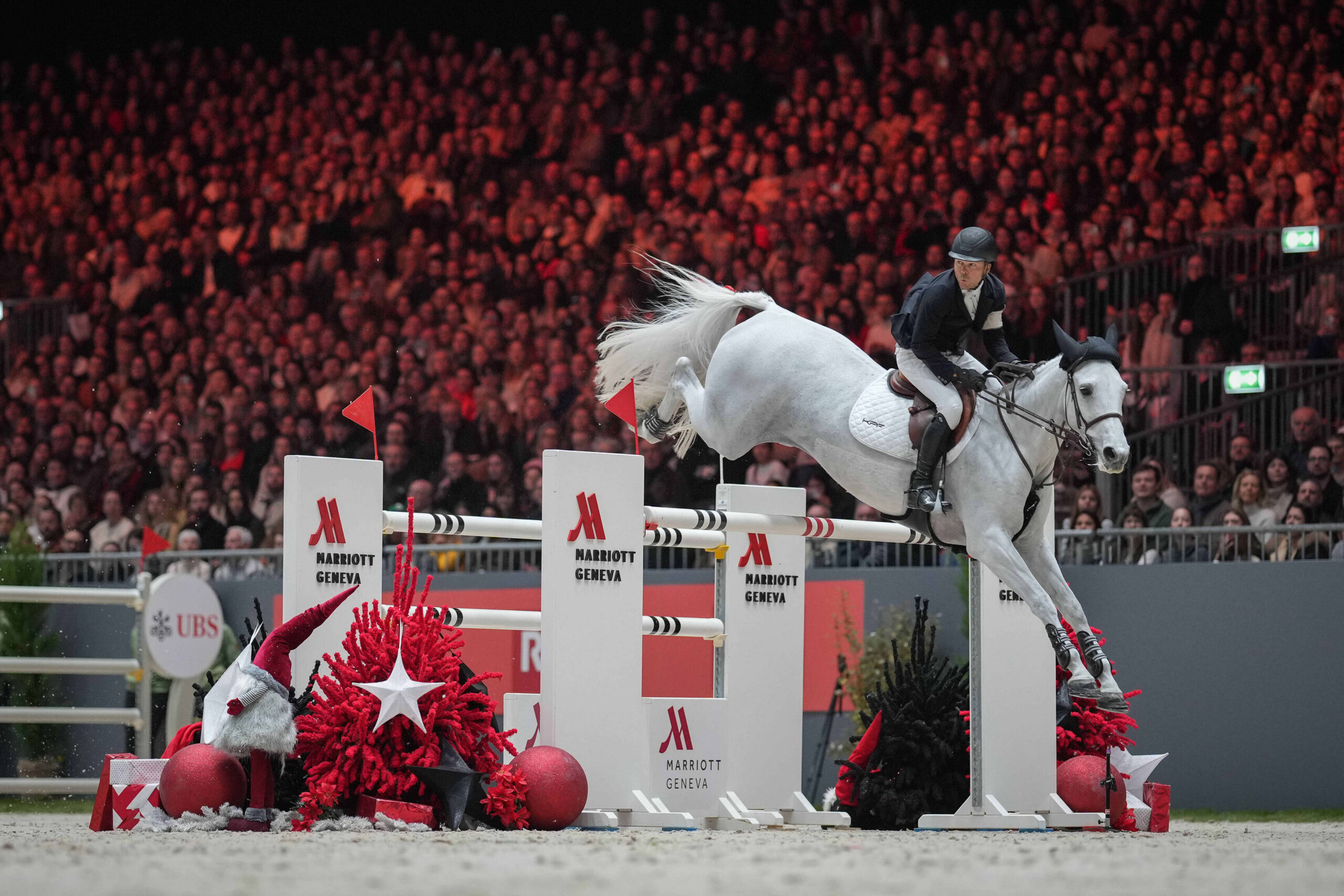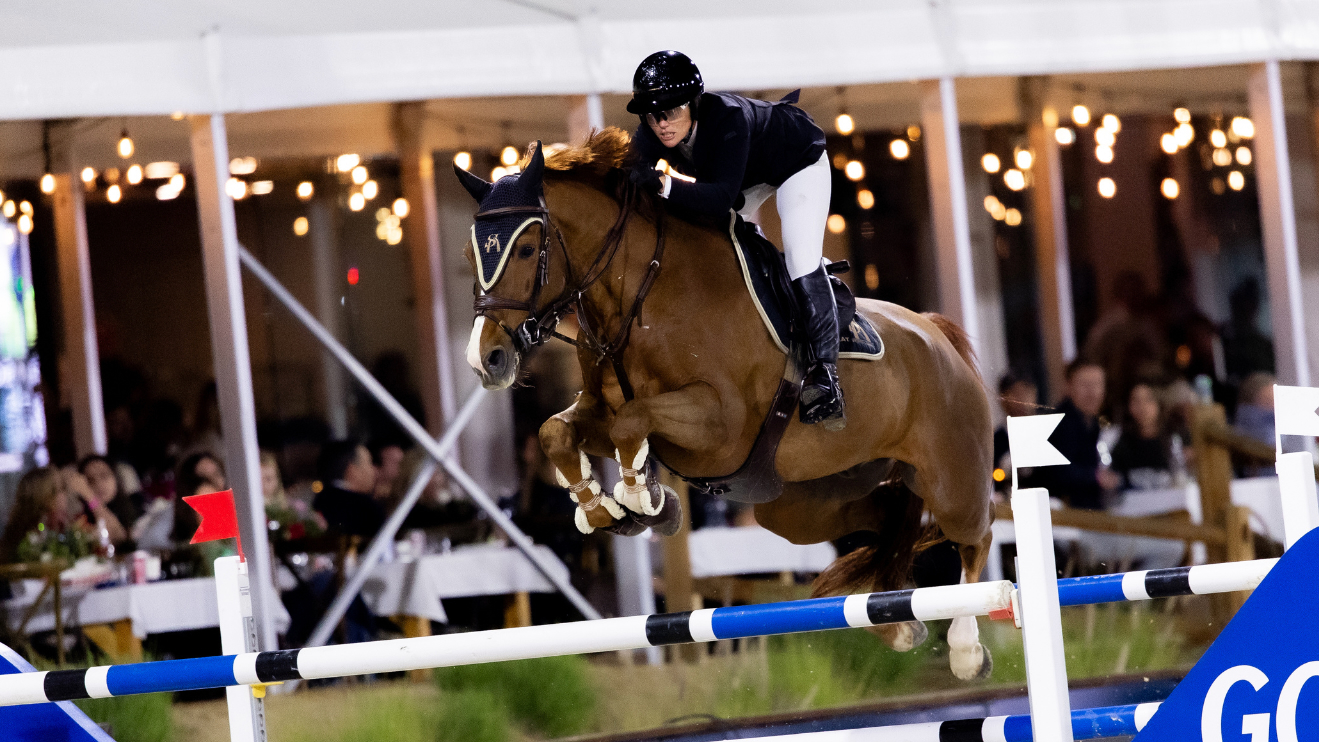For equine rescue organizations, adoption is a critical component to helping a greater number of horses.
Once rescue horses are healthy and have found new homes, organizations can open their doors to more animals in need. It’s inevitable, however, that some adopters will find themselves in a position where they can no longer care for their rescue horse. Similarly, finding an adopter for senior horses or horses with unique medical or behavioral management needs can be challenging.
For 35 years, Days End Farm Horse Rescue (DEFHR), based in Woodbine, Maryland, has dedicated itself to rescuing and rehabilitating horses that have faced neglect and abuse and ensuring that those horses have a safe home for life.
DEFHR’s Guardian Program offers horses a safety net to guarantee they will never fall through the cracks. Horses in this program are either more than 20 years old or younger horses requiring special management.
Similar to adoption, horses available through the Guardian Program are seeking a forever home. However, the Guardian Program is distinct in that DEFHR retains the titles for the program’s horses throughout their lifetimes. In an effort to ensure each animal is receiving the level of care they deserve, adopters agree to annual facility and horse welfare checks that allow DEFHR to track the health of the horse.
There is also a perk for adopters. While caring for a horse from the Guardian Program, expenses such as feed, bedding, veterinarian care, and medication are tax deductible.
DEFHR currently has several horses available through its Guardian Program, all of which endured unimaginable neglect before finding a soft spot to land at DEFHR’s facility. Though they may be older or require extra attention, they’re each deserving of a happy forever home.
Read on to learn about two of these special horses.


Carrots and Dublin
In March 2024, Carrots and Dublin, estimated to be 30 years old, were seized by animal control officers in Cecil County, Maryland. They had been locked in a small, muddy paddock.
Both horses were visibly thin, and their fetlocks had collected so much hardened mud that it made a tapping sound when they walked on solid ground. Despite the neglect they had endured, Carrots and Dublin got their lucky break and were transported to DEFHR, where they were evaluated by staff and veterinarians.
It was determined that Carrots was blind in one eye, had Cushing’s disease, and had a matted coat that was three to four inches long.
According to DEFHR’s Equine Health Manager Lynn Garvin, the hardened mud on his coat had to be broken up and removed by hand and a hemostat tool before Carrots could have a proper bath. Once cleaned, staff members could finally see how small he had become due to years of neglect.

In addition to being malnourished, Dublin’s right hind leg showed evidence of a former entanglement injury that caused a slight deformity in his ankle and pastern. Though he is not currently 100% sound, Dublin’s injury healed, and he can walk and move well for a horse his age.
In DEFHR’s rehabilitation program, Carrots and Dublin gained weight and muscle on a diet of soaked forage cubes, senior feed, and, eventually, soaked beet pulp shreds. This “senior slurry” was initially offered five or six times daily.
Over time, DEFHR staff increased the volume of forage cubes and senior feed and decreased the frequency of meals to make their care more manageable. Now that Carrots and Dublin are at a healthy weight, they indulge in their senior slurry meal three times a day.
The team at DEFHR is now hopeful these two senior gents in the Guardian Program will find a loving forever home, ideally together.
“They are both really nice guys,” shared DEFHR Head Trainer Sara Strauss. “They get along great with other horses, so they’d be easy to add to a herd. Adopters with a small farmette who are retired or work from home would be the ideal match.”
If you want to learn more about Carrots, Dublin, or DEFHR’s Guardian Program, please visit DEFHR.org.

 November 15, 2024
November 15, 2024 






